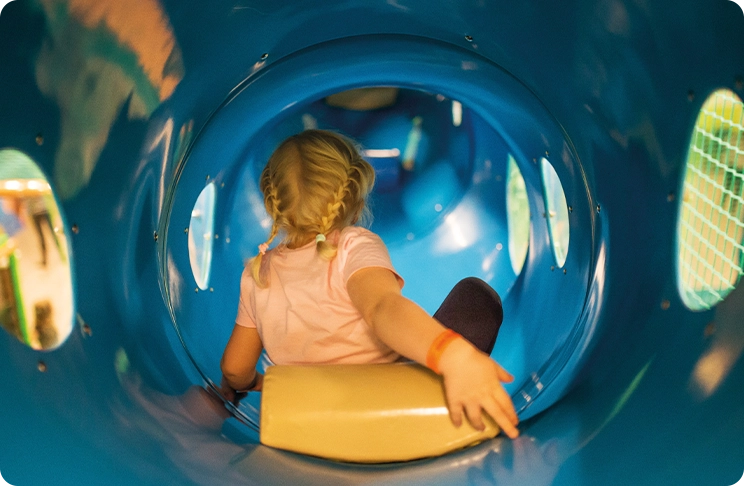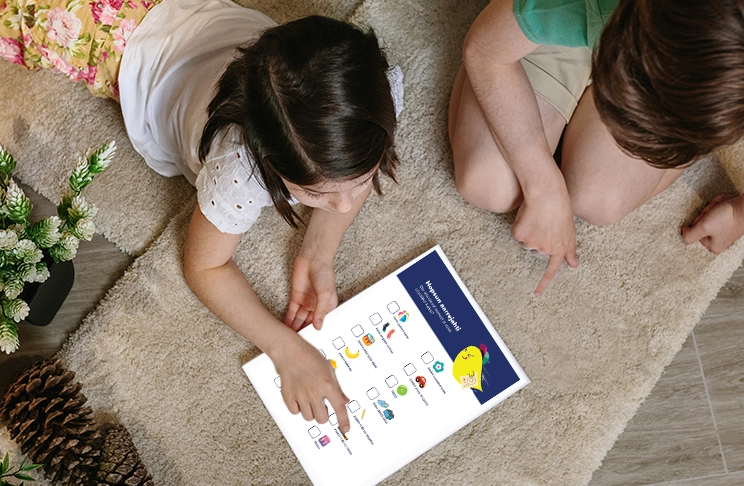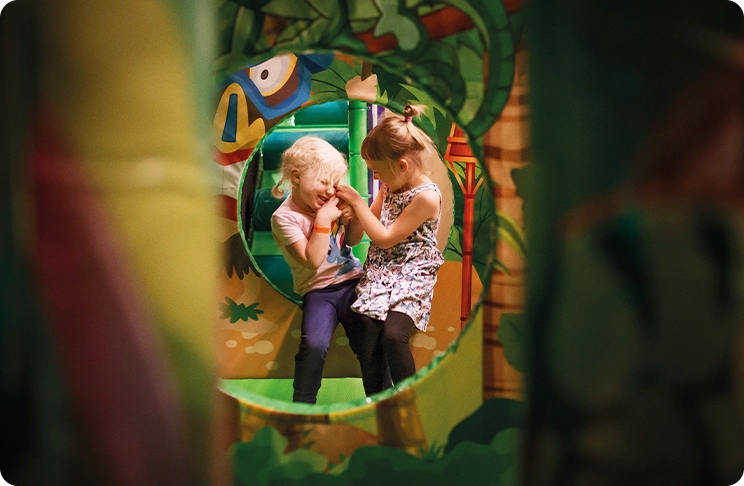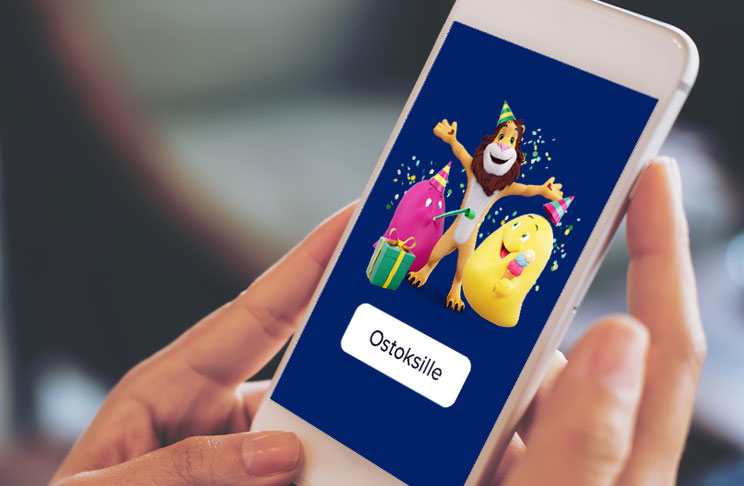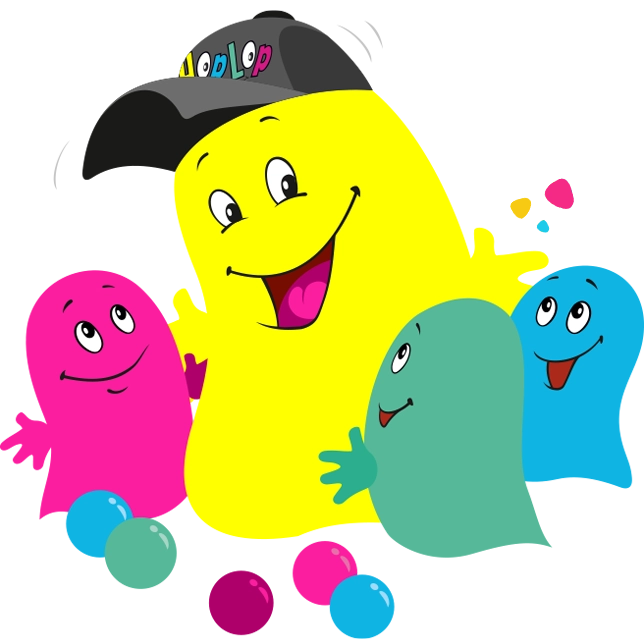Today, children's free time is increasingly filled with schoolwork, hobbies and other obligations, rather than play and socialising with friends. While purposeful exercise and other hobbies, not to mention homework, are an important part of children's everyday lives, they should not take up too much time and energy at the expense of play. When, in addition to hobbies and schoolwork, sufficient time should be set aside for sleep and rest, all this becomes a rush. It is no wonder that relaxed play and leisure activities have become less and less important in the daily lives of many families with children.
HopLop commissioned a survey of 1000 Finns. After excessive screen time, the biggest concerns for children's time use were hard training and competition and being too goal-oriented. In contrast, 69% of respondents wanted to spend more relaxed time with their families, while 91% of respondents wanted their children to spend more time playing. Responses also showed that younger and younger children are stopping playing at an alarmingly early age. Almost a third of children stop playing before the age of six.
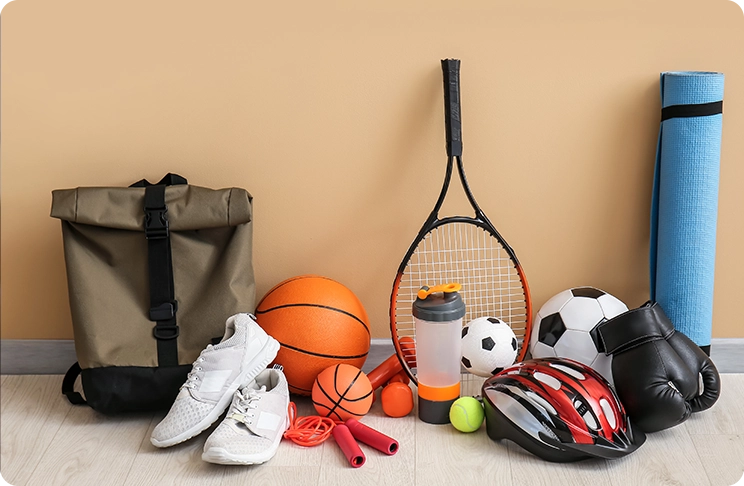
Casual play or goal-oriented performance?
There has to be a balance between excessive passive screen time and hard goal-oriented performance. While many parents struggle with their children for daily screen time, for others the play and carefree activities of childhood are taken away by overly performance-oriented hobbies. And adults are no strangers to screen time and pressure to perform.
While goal-oriented activities such as music, individual and team sports are popular hobbies for many children, there should be enough non-goal-oriented and non-performance-oriented activities in children's free time. Play that inspires creativity and imagination is the best way to do this.
More exercise for the joy of exercise
Through play, you can learn motor and physical skills while developing imagination and building relationships with friends. When there are no limits to the fun things a child can come up with in the heat of play, their creativity can flourish. While serious sports activities develop a child's physical skills, the strict rules of team sports and the meticulous techniques of individual performance can put unnecessary pressure on them.
On top of that, competition and outperforming others is usually a key part of goal-oriented sport. It may not always be clear that the criticism is directed at the child's performance, not at the child itself. Just because a child does not always excel does not mean that he or she is any less valuable as an individual.
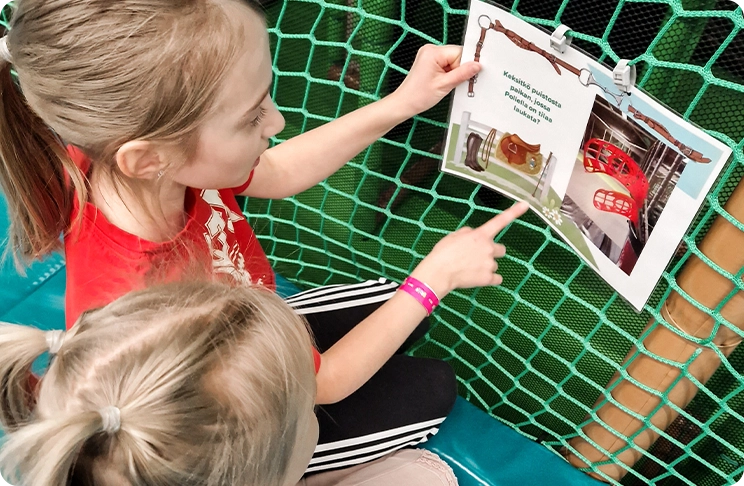
HopLop invites you to carefree and fun play
Adults should also remember that parenting is not an achievement in which success is judged. And children in general do not demand much more from adults. Doing things together and even everyday activities are important and meaningful for children, as long as you make time for them.
At HopLop, play doesn't feel like work, as it provides an inspiring framework for play and fun for children of all ages. Through physical play, children's own physical abilities are explored and their motor skills develop at a rapid pace. At the same time, play teaches children important social skills and how to respect others. Most importantly, at HopLop, play is not about performance, but about having fun, within a common set of rules.
If you get bored of the rigorous performance, book a playtime at your nearest HopLop indoor play park. HopLop has one or two fun activities, so get a serial ticket at the ticket office. For slightly older children, you can pick up a school children's play pass for HopLop as a fun afternoon activity. You can easily find your nearest HopLop indoor play park, including contact details and opening times, online.

